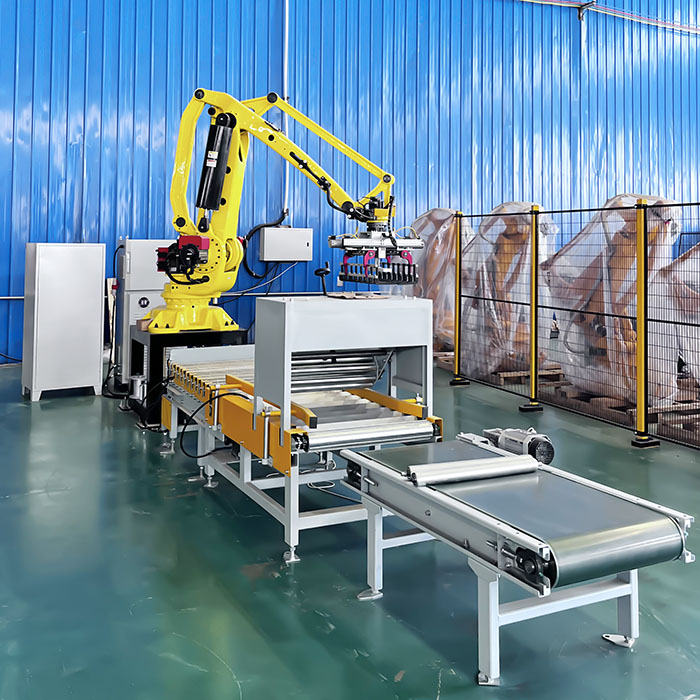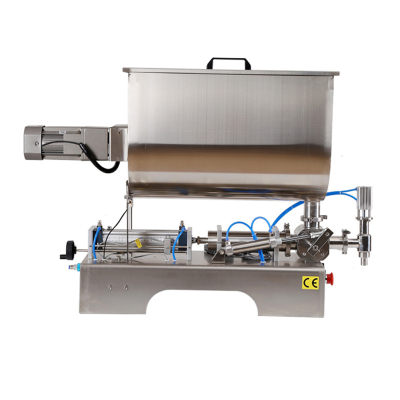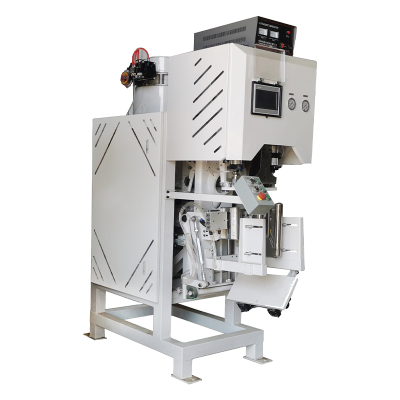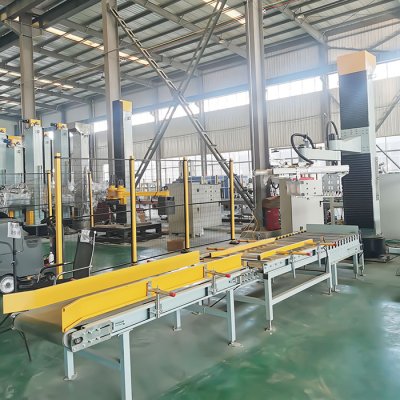automatic robot palletizer machine
A fully automatic robotic palletizer uses an industrial robot or specialized robotic arm system to automatically stack items such as goods, boxes, or bags into pallets according to a predetermined pattern. This technology is widely used in industries such as logistics, warehousing, manufacturing, and the food and beverage industry.
Main Components
Robot Body: Typically a 4-6-axis articulated robot or Cartesian robot.
End Effector: Vacuum cups, grippers, or specialized fixtures are used depending on the product type.
Vision System: Optional for product identification and positioning.
Control System: A PLC or dedicated controller is responsible for motion planning and pallet configuration calculation.
Conveyor System: Transports the palletized products to the work area.
Robotic palletizing is the automated process of stacking items such as goods, boxes, or bags into pallets according to a predetermined pattern using industrial robots or specialized robotic arm systems. This technology is widely used in industries such as logistics, warehousing, manufacturing, and food and beverage.
Main Components
Robot Arm: Articulated Robot
End Effector: Vacuum Cup, Mechanical Gripper, or Special Fixture Depending on Product Type
Vision System: For Product Identification and Positioning (Optional)
Control System: PLC or Dedicated Controller for Motion Planning and Pallet Layout Calculation
Conveyor System: Transports Products to be Palletized to the Work Area
Technical Advantages
High Efficiency: 24/7 Operation at Speeds Far Exceeding Manual Speed
High Precision: Position Repeatability Reaches ±0.1mm
Flexibility: Programmable Switching Between Products and Pallet Layouts
Space Saving: Enables Compact Palletizing Layouts
Reduced Labor Intensity: Replaces Manual Lifting of Heavy Objects
Common Applications
Food and Beverage Industry (Boxed Beverages, Baggaged Food, etc.)
Chemical Industry (Bagged Fertilizers, Chemical Raw Materials, Feed, Grain, Oil, and Food, etc.)
Building Materials Industry (Ceramic Tiles, Boards, etc.)
Logistics and Warehousing Centers
Pharmaceutical Industry
Selection Considerations
Product Weight and Size
Palletization Requirement per Hour
Workspace Constraints
Product Shape and Surface Characteristics
Integration with Other Automation Equipment






